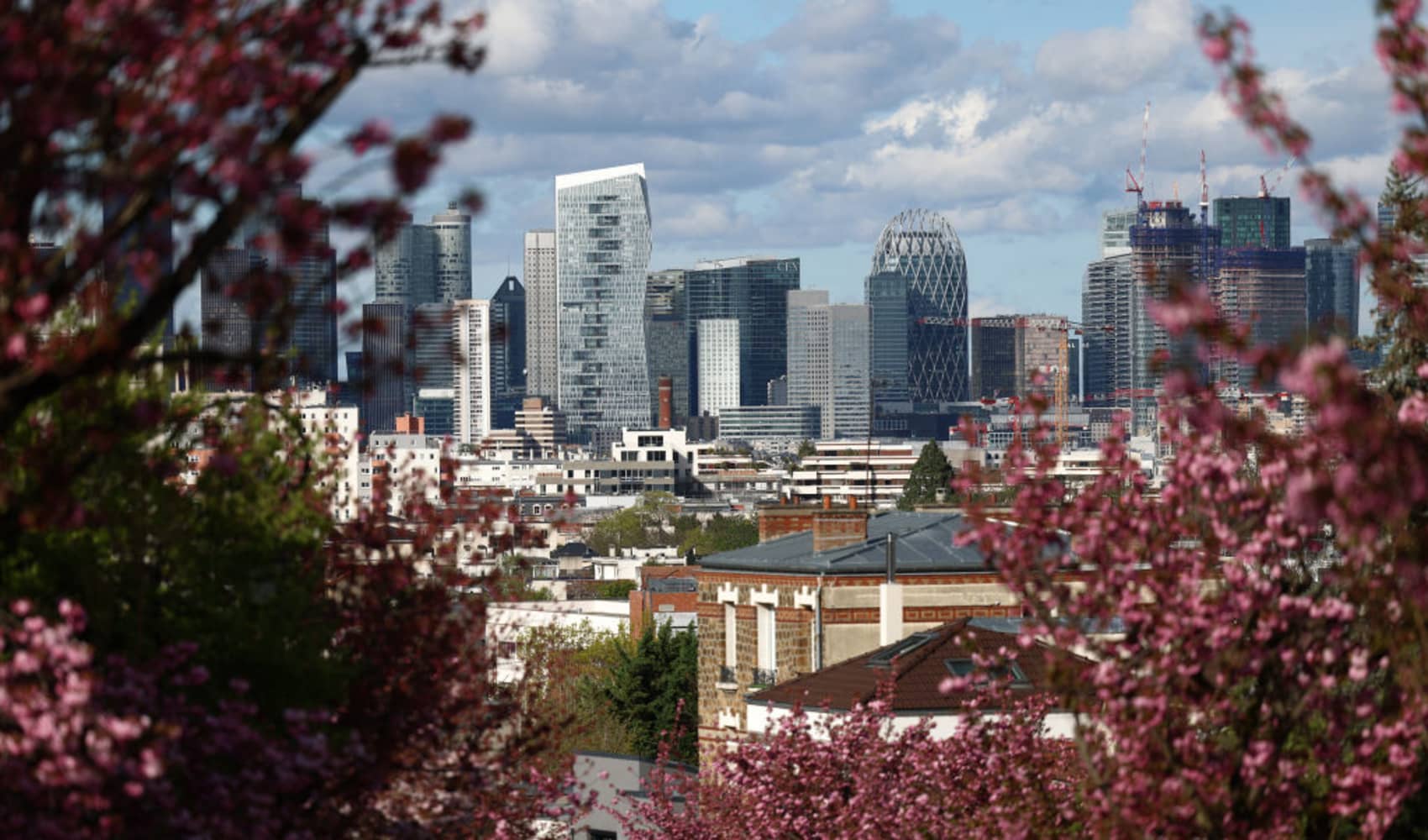
Ever notice how any disputes that involve China tend to blow up and make life difficult for the parties involved?
The NBA is probably the best example. The general manager of the Houston Rockets, Daryl Morey, simply tweeted an image last year with the caption, "Fight For Freedom. Stand With Hong Kong." And the Chinese reaction was so furious--including suspending showing NBA games in the country--that Morey, Rockets owner Tilman Fertitta, and even Lebron James were forced to apologize and backtrack in order to get the league back in China's good graces.
That's what economic power can do: it lets you dictate the rules of engagement. And China was not only powerful going into the pandemic, but arguably even more powerful on the way out. Case in point: Tiffany just posted record--yes, record--holiday sales, driven by 50% sales growth year-over-year in mainland China. Fifty percent sales growth in a year, while net sales in Europe and the U.S. declined. That's why people do business with China.
Which brings us to the familiarly awkward moves by the New York Stock Exchange over the past week as it struggles with whether to delist certain Chinese stocks. First, on New Year's Eve, the NYSE said it would delist three big Chinese companies (China Mobile, China Telecom, and China Unicom) in order to comply with President Trump's executive order. The order, signed in November, says that starting on January 11th, "any transaction in publicly traded securities...of any Communist Chinese military company" is prohibited.
China, over the weekend, vowed to respond with "necessary measures to resolutely safeguard the legitimate rights and interests of Chinese enterprises." The NYSE's move would have triggered a wave of U.S. divestment in the affected Chinese stocks, and exclude them from S&P indices. I say "would have" because the NYSE "abruptly" changed its mind late Monday and said it wouldn't delist them after all.
People described the move as "shocking" and "bizarre," because here in the U.S., we aren't used to seeing such awkwardly public reversals. But in China, they're par for the course. You do something the Chinese authorities don't like and you're forced to apologize, stripped of your business dealings, thrown in jail, or worse. The big story yesterday was David Faber's reporting that Jack Ma--the billionaire who "criticized" regulators in late October--"is lying low, but not missing." Because these days, you never know.
The NYSE says it is simply trying to figure out which companies are actually running afoul of the executive order, and which aren't. It's no easy task, given the complex and obfuscated ownership structure of most Chinese firms. The State Department has put out a fact sheet naming a few dozen of them, and index providers like MSCI and the FTSE Russell have already removed a handful of names from their own indices. But there's still some gray area; enough for NYSE lawyers, under pressure from, say, the Chinese, to find ways around the delisting.
Money Report
And now the U.S. government is pressuring the NYSE to delist the names after all--even as the Trump administration is in its waning days and no one seems exactly sure whether the Biden administration will take as tough a stance. But at least in this case, the NYSE has cover from the U.S. government to ultimately do whatever it has to do. (Which as of mid-morning, is now to go ahead with the delisting.) Most other businesses dealing with China simply do whatever their leadership demands.
And we have daily reminders of just how much China's power has grown of late. Police on Wednesday arrested 53 pro-democracy figures in Hong Kong, in "the biggest sweep using a national security law since it was imposed by China six months ago." It's the same law authorities used last week to send Jimmy Lai, the entrepreneur whose "Apple Daily" newspaper is a frequent critic of the Chinese Communist Party, back to prison.
The U.S. authorities may protest such moves--both the Trump and Biden camps have decried them--but I don't expect we'll see many other "Fight For Freedom" tweets in the months and years ahead. It's simply become too dangerous.
See you at 1 p.m!
Kelly






